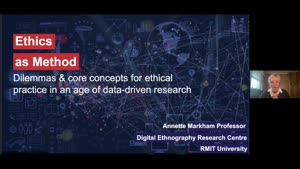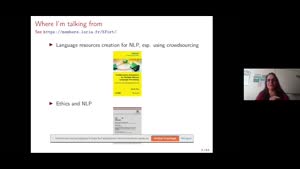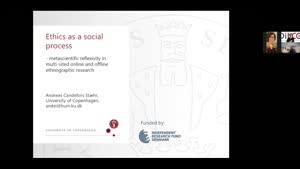Social Perceptions of Language Variation: Comparing Humans and LLMs: DiLCo Lecture Series 2024 (23 May) - Dong Nguyen - University of Hamburg
- Lecture2Go
- Catalog
- F.5 - Geisteswissenschaften
- Sprache, Literatur, Medien (SLM I + II)
- Digital language variation in context (DiLCo)
Catalog
1789 Views
23.05.2024
Social Perceptions of Language Variation: Comparing Humans and LLMs: DiLCo Lecture Series 2024 (23 May)
Dong Nguyen is an assistant professor at the Department of Information and Computing Sciences at Utrecht University. At Utrecht University, she is heading the Natural Language Processing (NLP) and Society Lab. She is interested in the intersection between NLP and sociolinguistics, exploring how NLP can be used to support sociolinguistic research and how sociolinguistics can inform the development of better NLP models.
There are often various ways to express the same thing. Think of, for example, the different words we can use for a given concept, or the many creative spellings in social media. Language variation is often seen as a challenge for developing robust NLP models. However, language variation is also an opportunity: it can help us develop models that are more sensitive to social context. In this talk, I will present current research into the associations that Large Language Models form regarding spelling variations and how these associations align with human perceptions.
DiLCo Lecture Series 2024 aims to showcase cutting edge international research on digitally language and communication by both senior and younger researchers from across the world. We wish to present research that explores digital language and communication by drawing on key concepts and topics in socio-cultural linguistics, such as community, context, identity, mediated interaction, multimodality, and linguistic change. We particularly welcome presentations of innovative methods that cut across traditional disciplinary boundaries.
---
DiLCo (‘Digital language variation in context’) is a 3-year international research network initiated in 2021 at the University of Hamburg. The network brings together researchers from Europe and USA with expertise in computational, interactional, and ethnographic approaches to digital language and linguistics. It aims to provide a platform for the development of interdisciplinary ideas in digital language and communication research, and for early-career capacity building.
---
DiLCo (‘Digital language variation in context’) is a 3-year international research network initiated in 2021 at the University of Hamburg. The network brings together researchers from Europe and USA with expertise in computational, interactional, and ethnographic approaches to digital language and linguistics. It aims to provide a platform for the development of interdisciplinary ideas in digital language and communication research, and for early-career capacity building.
Technical support
Please click on the link bellow and then fill out the required fields to contact our Support Team!
RRZ Support Link

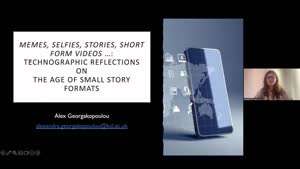
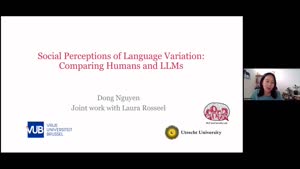
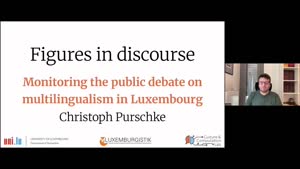
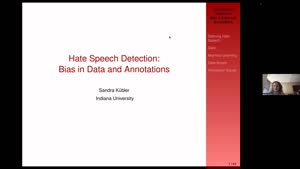
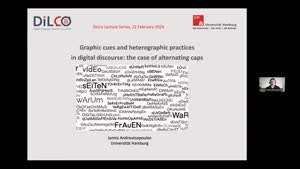
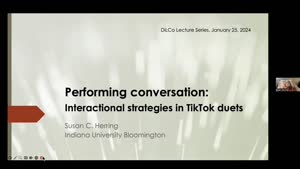
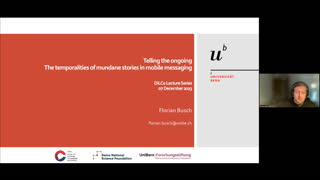
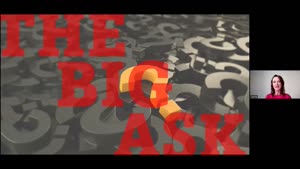
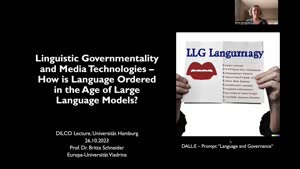
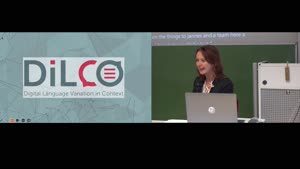
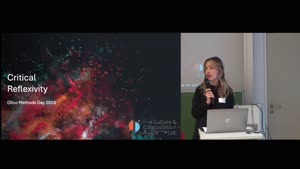
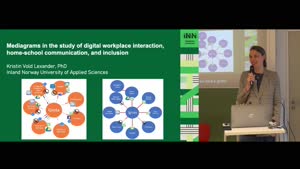
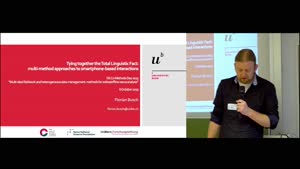
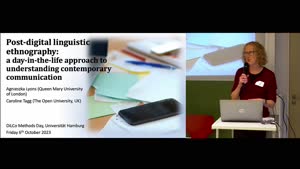
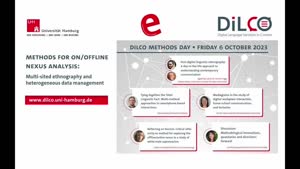
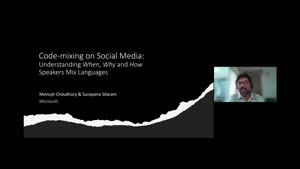
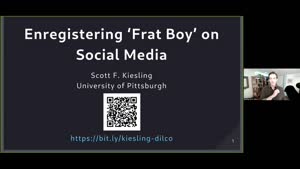
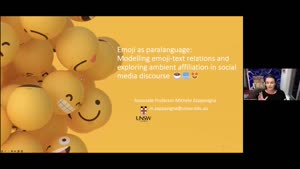
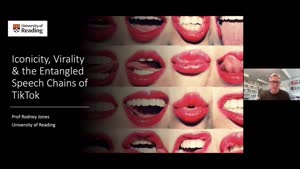
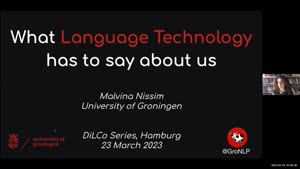
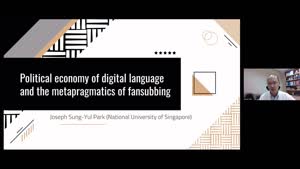
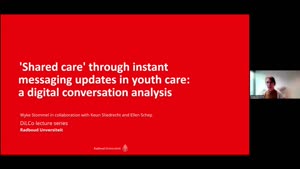
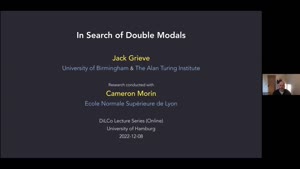
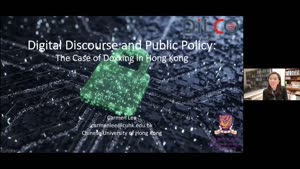
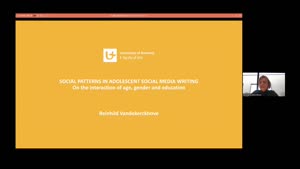
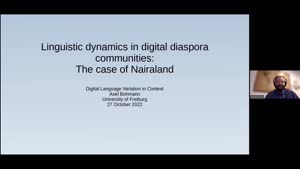
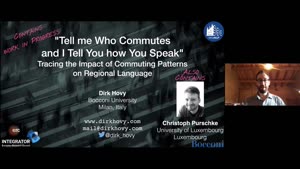
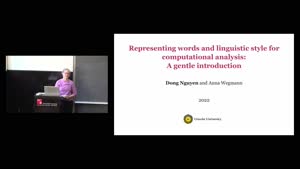
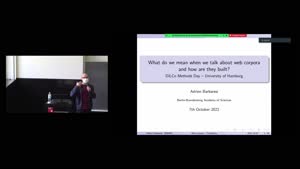
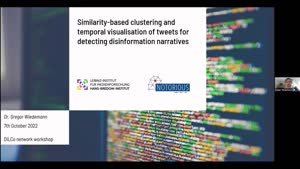
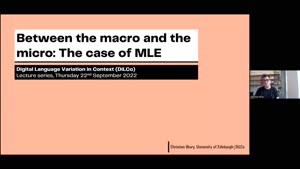
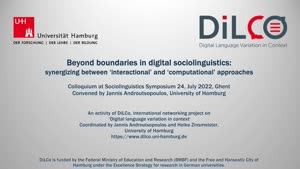
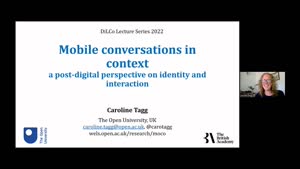
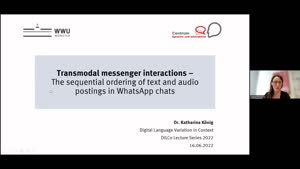
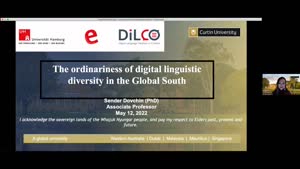
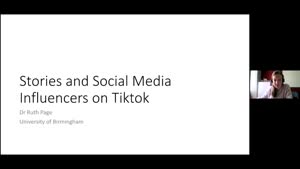
![Thumbnail - Graphic Prosody and political discourse on Greek Reddit [Presentation in Greek]](https://lecture2go.uni-hamburg.de/images/00.000_video-61074_2022-03-30_18-30_m.jpg?lastmodified=1663761108652)
